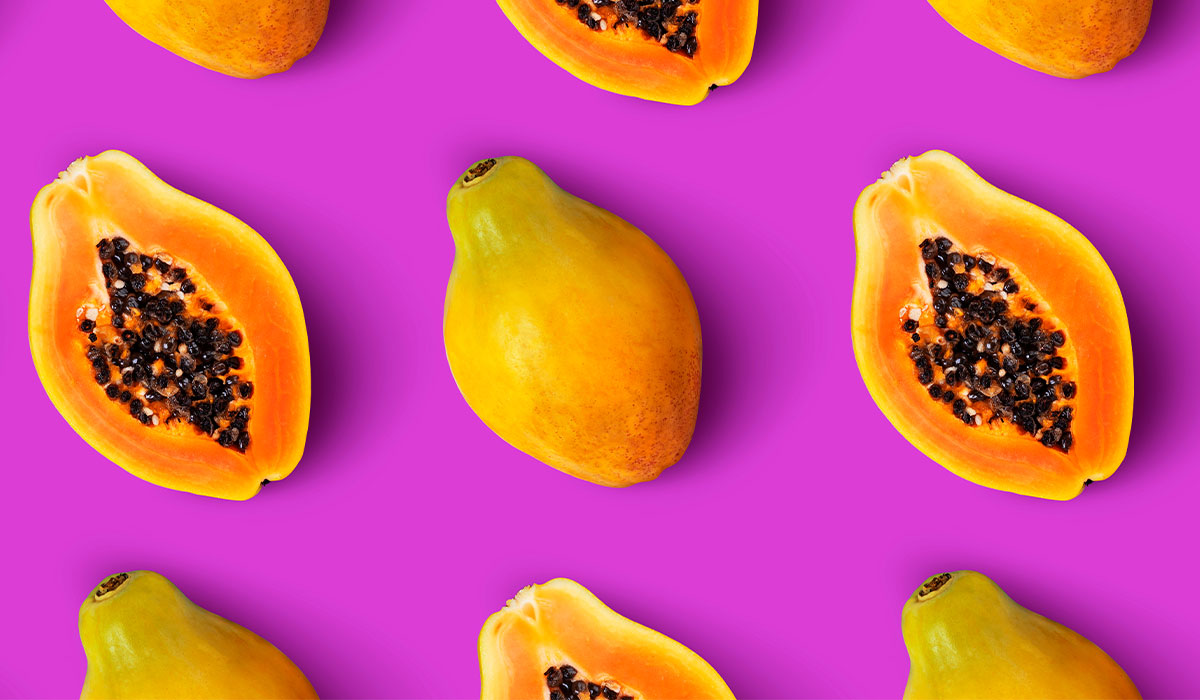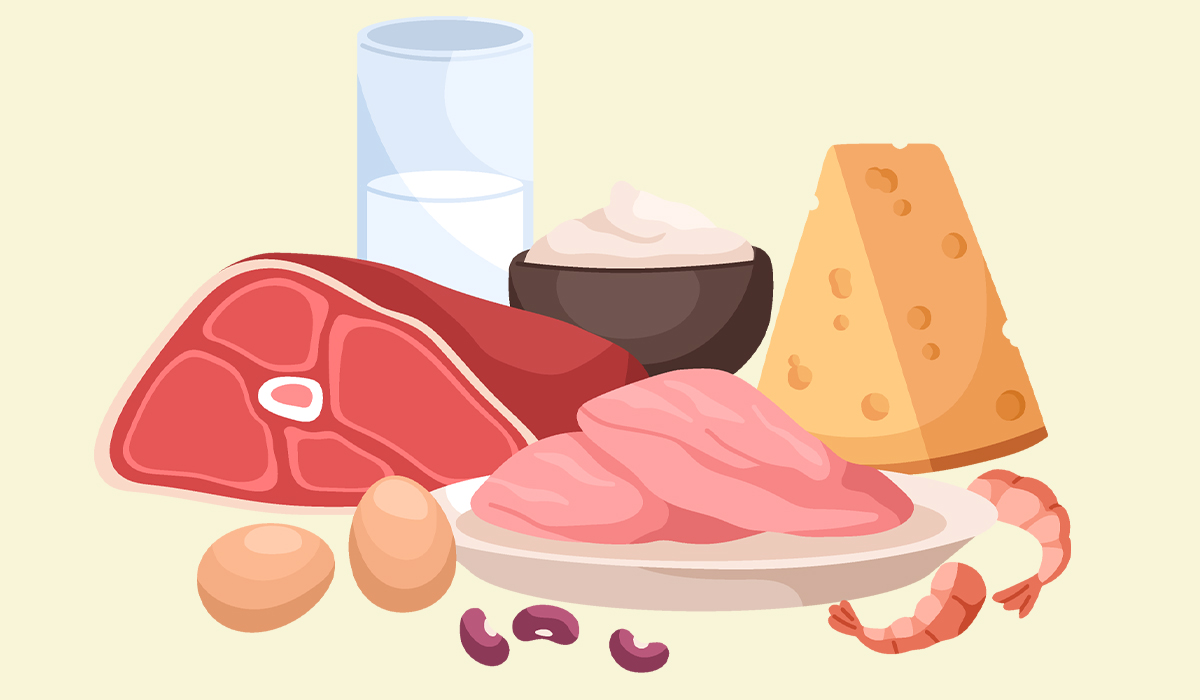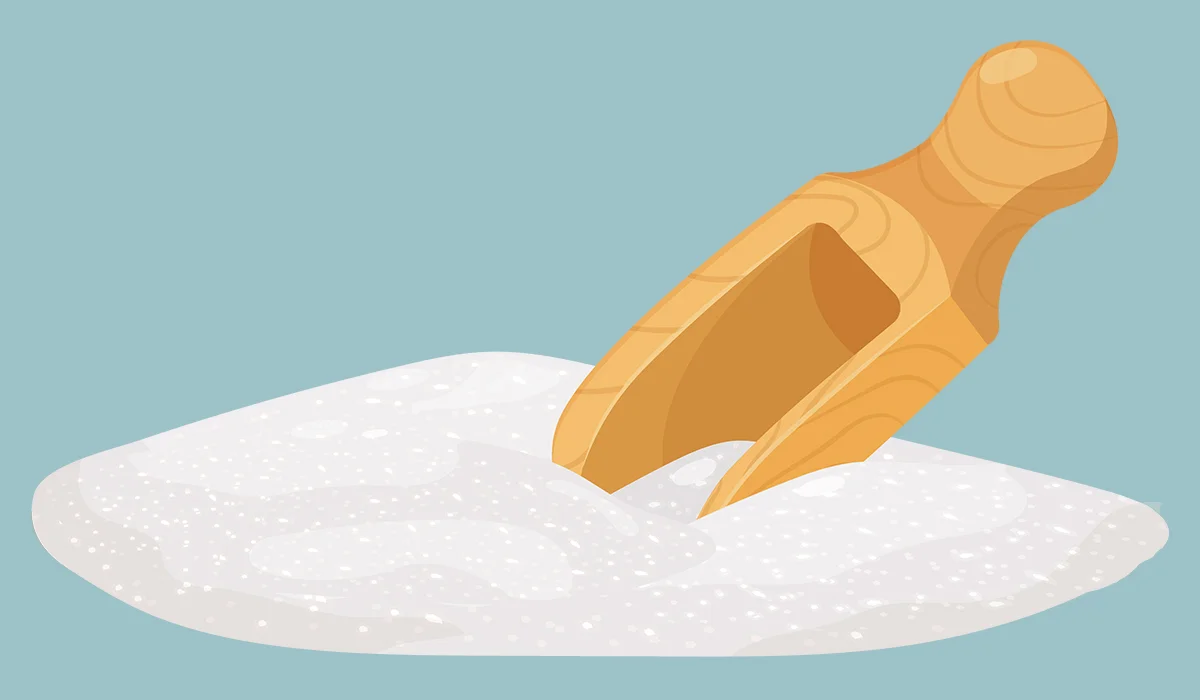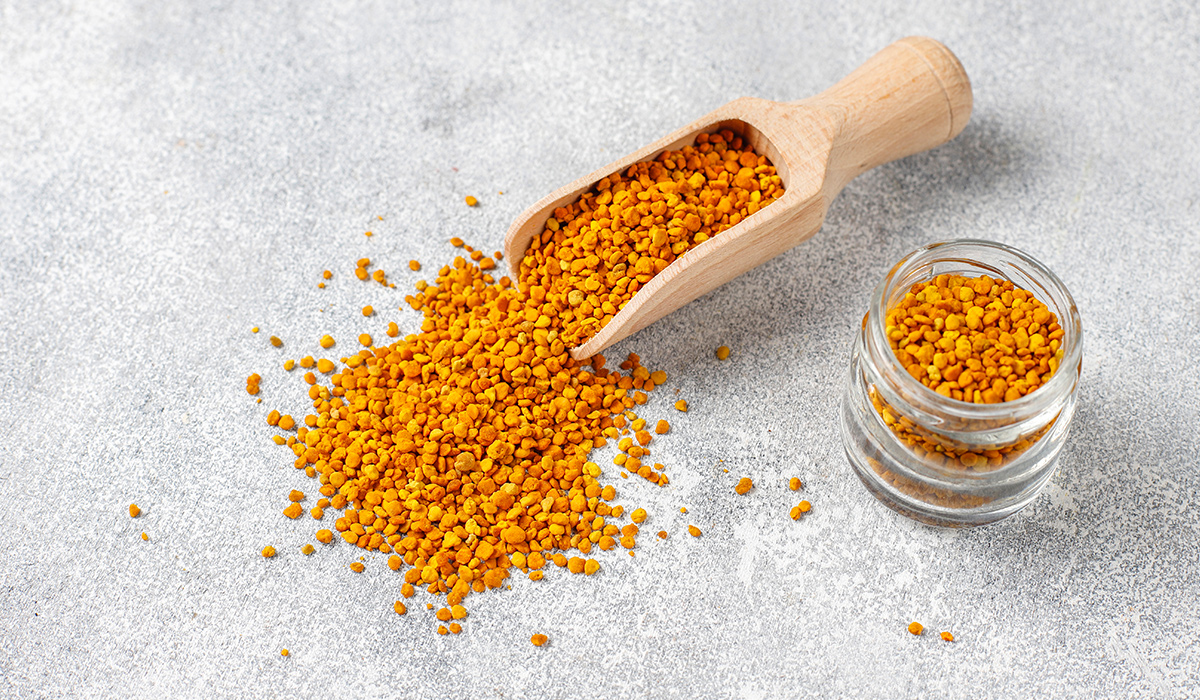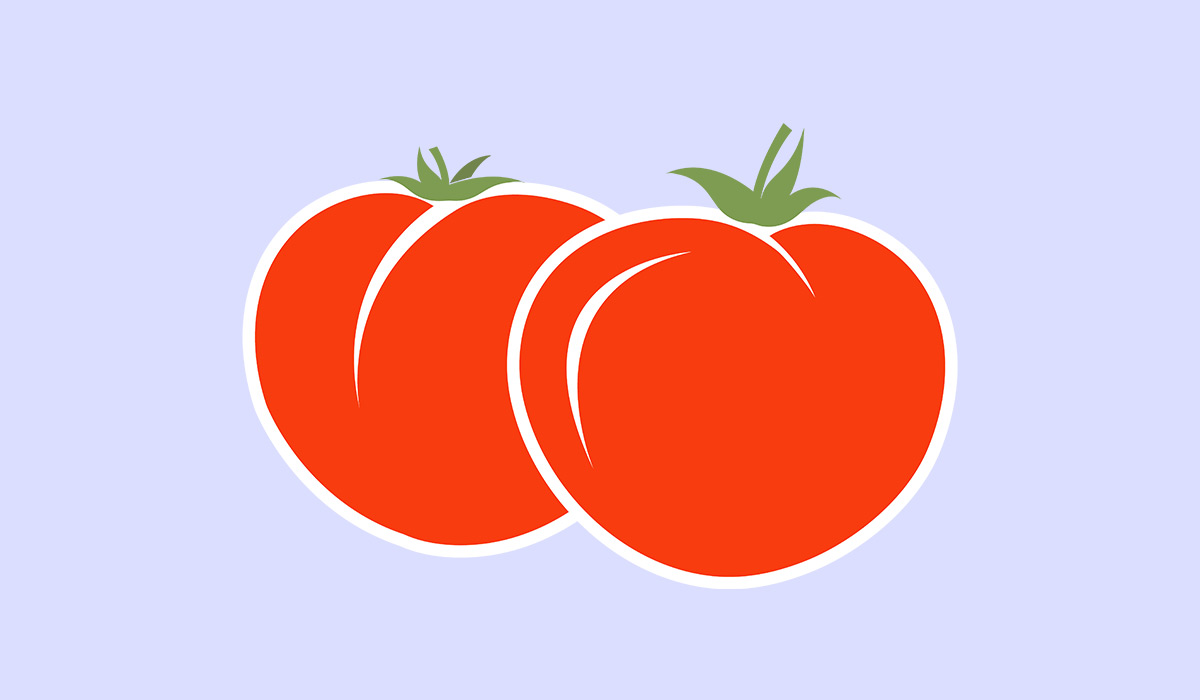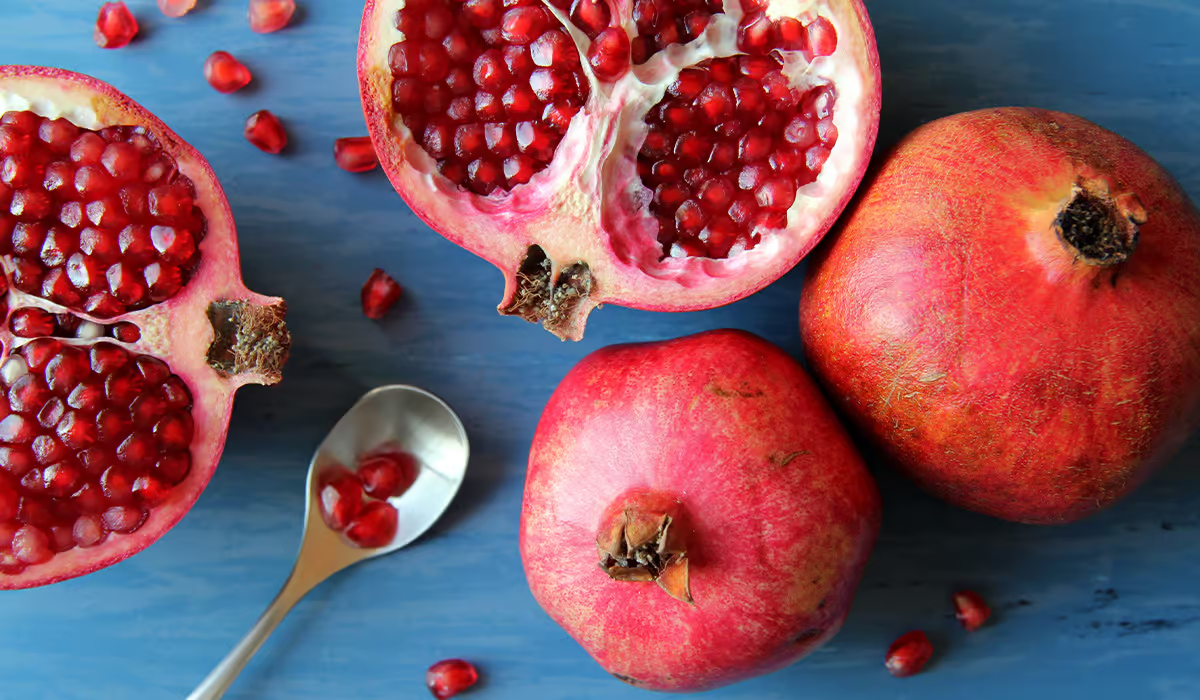During the flowering period, canopies of small yellow flowers can be observed. Fennel fruits are used for medical purposes, and its bitter variety has become particularly popular.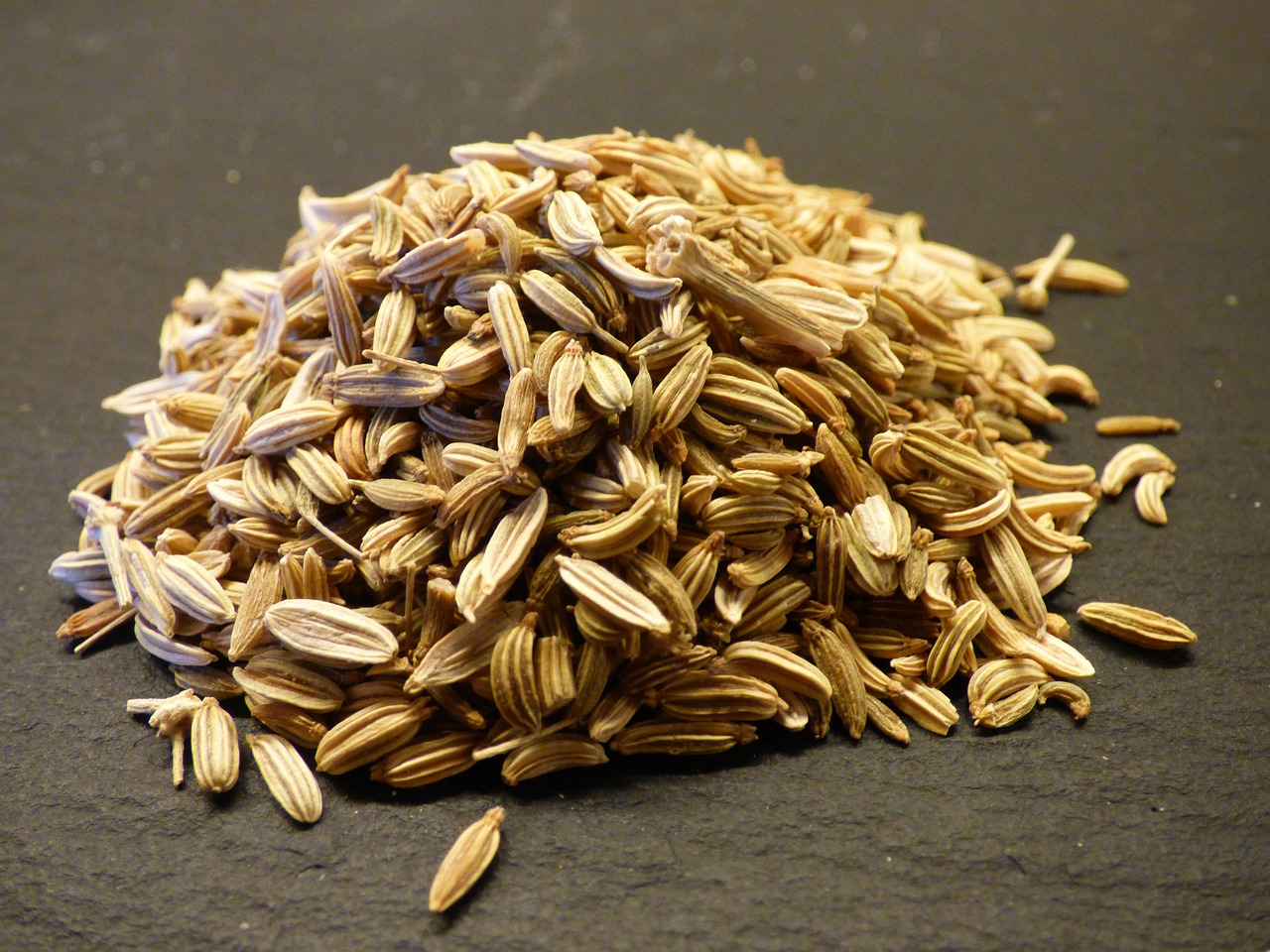
Fennel And Dill
We often hear that dill and fennel are not such close cousins despite some similarities and belonging to the same family. What are the main differences between fennel and dill?
Fennel is a biennial plant. Its stems can reach a maximum height of 2 meters. The plant’s color is light green with a silver accent. Its smell is reminiscent of fresh mint and anise, and the seeds’ taste is similar to that of anise. All parts of fennel are edible, but its bulbs are mainly used.
Fennel and cumin share many similarities. Both spices have similar taste and nutritional properties and can be used interchangeably in cooking. Dill grows to a height of 40 to 150 cm. Its stem is light green, and its taste is intense and sharp, with a hint of cumin. The leaves of this plant are primarily used in cooking.
Properties
The healing properties of fennel result from its composition and high content of potassium, manganese, folic acid, and vitamins K and C. Fennel also contains zinc, iron, phosphorus, vitamins A and B, and polyphenols.
Fennel, a source of so many vitamins, polyphenolic compounds, and minerals, is healthy and positively affects the body.
The effects of fennel are primarily:
- Reducing the tension of the smooth muscles of the digestive tract
- Relieving pain caused by flatulence
- Producing more gastric juice
- Increasing bile secretion
- Supporting proper digestive functions
- Strengthening peristaltic movements of the intestines
- Supporting the work of the ciliated epithelium and supporting the secretion of mucus in the throat and trachea
- Sedative effect
- The diuretic effect, but to a small extent
- Gentle anti-inflammatory effect
- Influence on milk secretion in breastfeeding women
- Reducing appetite and increasing the feeling of satiety
- Support in the treatment of diseases of bacterial, fungal, and parasitic origin (mainly scabies and lice)
- Increasing the body’s general immunity
Effects
Here is a list of the most significant ailments that fennel helps with:
- Flatulence – thanks to its antispasmodic effect on the muscles of the digestive tract, it supports digestion and has a carminative effect, facilitating the excretion of excessive gas
- Abdominal pain – increasing the work of stomach enzymes, has a soothing effect on this type of pain
- Colic – thanks to the content of substances that have an antispasmodic effect. However, it is worth remembering to always consult a pediatrician about giving fennel tea to children (especially up to 4 years of age)
- Constipation – fennel stimulates digestion and intestinal function, facilitating defecation. It is also effective in spastic constipation, i.e., long-term retention of stool caused by tightening of the intestine around fecal masses
- Parasites – effectively combats parasites in the digestive, urinary, circulatory, and skin systems
- Heartburn – fennel stimulates the secretion of digestive juices and neutralizes stomach acids
- Cough-fennel fruit contains oils that stimulate the mucous membranes of the respiratory tract and facilitate expectoration
- Skin problems – fennel oils cleanse the skin, moisturize, and thanks to the content of vitamin C and many nutrients, prevent sagging epidermis
- Menopause symptoms – improving sleep quality and reducing vaginal dryness
- Relieving menstrual pain
Fennel also positively affects the intestines, as it protects them and increases their motility. It also has an antispasmodic, carminative effect, reduces the tension of smooth intestinal muscles, and counteracts excessive fermentation, stimulating them to work.
In addition, its content of active oils and antioxidants affects the functioning of the liver. It reduces fatty liver and counteracts inflammation.
Pregnancy
Consult a doctor before using fennel during pregnancy and strictly follow their recommendations. One of the active ingredients of fennel, anethole, has a toxic and teratogenic effect, disrupting the proper development and growth of the fetus. Its action in a woman’s body can even cause miscarriages in the early stages of pregnancy.
It is best to use fennel in aqueous solutions. Drinking fennel tea during pregnancy is allowed but in small amounts and rarely. Contraindications also result from the high content of phytoestrogens, the level of which is already high enough in pregnant women.

Breastfeeding
Caution is also recommended for mothers who use fennel while breastfeeding. There is a fear that harmful anethole will pass into the mother’s milk and thus into the body of the nursing baby. Fennel can affect the taste of the milk and thus discourage the baby from suckling.
Recently, drinking fennel infusions for lactation has raised many doubts. Fennel fruit has long been treated as herbs that boost lactation. They are classified as galactagogues, i.e., substances that stimulate this process.
Lactation
Fennel tea for a nursing mother can support lactation, but it is not always recommended for nursing children due to the possibility of hazardous substances entering their bodies.
Each case should be considered individually and all actions should be consulted with a doctor.
For Infants And Newborns
According to a popular opinion for years, fennel for newborns and infants is a remedy that relieves abdominal pain and eliminates constipation and flatulence. Fennel has this effect, especially when used in adults or older children.
Toddlers require greater caution when introducing new products and beverages to their diet. Parents should consult a pediatrician about this, as natural remedies are not always great for young children.
Children under four years of age should not consume fennel (i.e., fennel oil and tea). According to this, fennel tea is not recommended for newborns and infants. This approach is dictated by the lack of research on the safety of using fennel in children in this age group.
Based on this stance, fennel tea is not advisable for newborns and infants. If considering giving fennel tea to young children, it’s important to consult a doctor. Fennel for infants should only be administered in a form specifically designed for children and in line with all the manufacturer’s guidelines for such a product.
Fennel Tea
We already know that fennel tea is not always recommended for small children, but it is often intended for adults. Tea is one of the most popular forms of using fennel, which is why adults are eager to reach for this herbal infusion, which supports the body in various ailments.
Here are the most important properties of fennel tea:
- Antispasmodic effect and help in reducing flatulence
- Antioxidant effect
- Anti-inflammatory effect
- Soothing stomach pain in diseases that cause improper functioning of the digestive tract (e.g. large intestine syndrome)
- Regulating blood sugar levels
- For women – support for menstrual complaints
The effective effect of fennel tea is visible in people who struggle with diabetes, insulin resistance, or other diseases dependent on blood sugar levels.
How Many Times A Day To Drink Fennel Tea?
It is worth drinking 1-2 cups of this tea a day, preferably after meals. This dose can be divided into installments and drunk, for example, 4 times a day, half a glass of the drink.

Other Forms Of Using Fennel
There are many ways to use fennel seeds. Here are popular forms of using fennel:
- Infusion – from dried fennel fruits
- Oil and essential oil – obtained by distilling fennel fruits with water steam, used for massage, bathing, or aromatherapy
- Dried – seasoning for soups, sauces, baked goods, and cakes, as well as fish and seafood dishes
- Tincture – regulates intestinal function and has a carminative effect, you can drink one glass twice a day
- Extract – stimulates digestion after a meal
- Tablets – supplement the daily diet with ingredients that support the work of the intestines and digestive processes
- Syrup – helps with intestinal colic and cough
Purchase
It’s important to know what to look for when buying fennel. High-quality fennel bulbs are clean, compact, and white or light green. They should not show any signs of splitting. Avoid fennel with blue bulbs or visible spots. The stalks should be green and firmly attached to the bulb, and the whole fennel should have a scent of licorice or anise.
The best time to buy fennel is from autumn to early spring, and it’s best to prepare it soon after purchase because its flavor diminishes the longer it sits after harvesting. If you have dried fennel seeds, store them in a dark, dry place for up to 6 months to maintain their aroma.
Use Of Fennel In The Kitchen
Fennel is a versatile ingredient that can be used in a variety of dishes, whether cooked, grilled, stewed, or even eaten raw. Its unique flavor complements meat, fish, soups, sauces, goulash, and casseroles. Not only does fennel have health benefits, but its slightly sweet aroma can enhance the taste of dishes.
Contraindications
Fennel should be dosed carefully on young children and preferably after consulting a doctor.
Contraindications to consuming fennel include:
- Taking contraceptive pills – fennel has estrogenic properties and may interfere with the action of these drugs
- Allergy – mainly in people allergic to carrots or celery. In these cases, cross-allergy may occur
- Hormonal disorders – anethole (a component of fennel) has a similar effect to estrogens (hormones) and may disturb hormonal balance
- Pregnancy – in this condition, the intake of fennel in any form should be limited, especially in the initial pregnancy
- Lactation – fennel may cause allergic reactions in children
- Age – up to 4 years of age, it is recommended to administer this type of fennel only after consulting a doctor
Fennel taken in appropriate amounts usually does not cause undesirable symptoms, and problems occur with excessive consumption.
Side Effects
Potential side effects of fennel consumption include:
- Allergic reactions on the skin, such as rash
- Irritation of the gastric mucosa, especially with excessive consumption
- Neurotoxic effects that disrupt the functioning of the nervous system
- In extreme cases convulsions, speech, and balance disorders
Fennel contains estragole, a natural organic compound in many other plants, such as anise, pine, or basil. This ingredient has carcinogenic and genotoxic effects. For this reason, warnings have appeared, but they are mainly concerned with limiting the consumption of this type of food for health reasons.
Precautions
Fennel should not be used for medicinal purposes without restrictions. Overconsumption of fennel can lead to intoxication and irritation of the stomach and intestines. It can also cause clonic convulsions, lung congestion, and brain congestion when excessively consumed. Therefore, infusions, teas, and other fennel products should not be consumed regularly for more than two weeks.
Like any natural product, fennel can also cause a strong allergic reaction. If we are allergic to carrots or celery, for example, we should give up fennel salad, because this plant belongs to the same family. If we notice, for example, itching, swelling, or hives, it means that fennel has caused an allergic reaction and we should consult a doctor immediately.
Fennel used to stimulate lactation can pass into breast milk, so it is best to consult its administration with a pediatrician. Remember that it is a source of natural estrogens.
Eating products and dishes prepared with fennel should also be avoided during pregnancy. Therefore, drinking fennel tea during pregnancy should be avoided. Fennel tea during pregnancy can harm the fetus because drinking large amounts can have a toxic effect on the developing child. The ingredients contained in fennel tea can pass through the placenta and damage the child’s hormonal system.
Sources
- Dill. NIH.
https://pubmed.ncbi.nlm.nih.gov/30000937/ - Fennel. NIH.
https://pubmed.ncbi.nlm.nih.gov/30000852/ - Foeniculum vulgare Mill: A Review of Its Botany, Phytochemistry, Pharmacology, Contemporary Application, and Toxicology. NIH.
https://pmc.ncbi.nlm.nih.gov/articles/PMC4137549/ - Preventative and therapeutic effects of fennel (Foeniculum vulgare) seed extracts against necrotizing enterocolitis. NIH.
https://pubmed.ncbi.nlm.nih.gov/32510653/ - Frequently Used Herbal Teas During Pregnancy – Short Update. NIH.
https://pmc.ncbi.nlm.nih.gov/articles/PMC7384490/ - The Effect of Herbal Tea Containing Fennel Seed on Breast Milk Sufficiency Signs and Growth Parameters of Iranian Infants. ResearchGate.
https://www.researchgate.net/publication/284174892_The_Effect_of_Herbal_Tea_Containing_Fennel_Seed_on_Breast_Milk_Sufficiency_Signs_and_Growth_Parameters_of_Iranian_Infants - The Effect of Fennel on Infantile Colic: A Systematic Review and Meta-Analysis. MUMS.
https://ijp.mums.ac.ir/article_13706_5e1225191f4cc64b5c2313270b714603.pdf - Fennel (Foeniculum vulgare) and Fenugreek (Trigonella foenum-graecum) Tea Drinking Suppresses Subjective Short-term Appetite in Overweight Women. NIH.
https://pmc.ncbi.nlm.nih.gov/articles/PMC4525133/ - Effects of dietary fennel (Foeniculum vulgare Mill.) seed powder supplementation on growth performance, nutrient digestibility, small intestinal morphology, and carcass traits of broilers. NIH.
https://pmc.ncbi.nlm.nih.gov/articles/PMC7847707/ - Fennel. NIH.
https://www.ncbi.nlm.nih.gov/books/NBK501793/ - The effect of Fennel seed powder on estradiol levels, menopausal symptoms, and sexual desire in postmenopausal women. NIH.
https://pubmed.ncbi.nlm.nih.gov/33110044/

